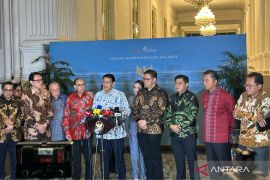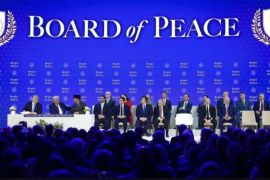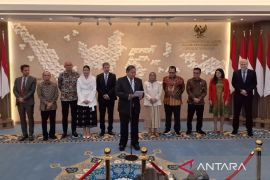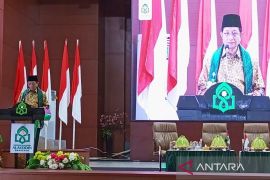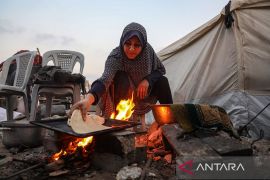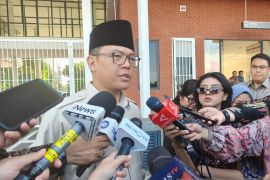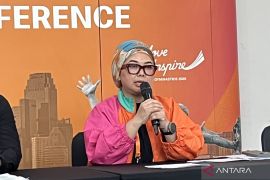A spokeswoman for the Ir Amim non-governmental organisation, which calls for Palestinians and Israelis to share Jerusalem, confirmed that the interior ministry planning committee gave final approval for the project.
The decision authorises construction of 620 homes in the settlement neighbourhood of Pisgat Zeev, and another 900 in a second settlement neighbourhood, Har Homa.
The committee hearing took place just hours before Prime Minister Benjamin Netanyahu was due to fly to Washington, where he is to meet US President Barack Obama in the White House on Friday and make a keynote address to both houses of Congress next week.
In March 2010, the interior ministry announced a plan to build 1,600 settler homes in Ramat Shlomo, an Orthodox Jewish neighbourhood in east Jerusalem.
The announcement came as US Vice President Joe Biden visited Israel, provoking fierce American opposition and souring relations with Washington for months.
The United States opposes Jewish settlement on land the Palestinians claim for their state, calling it "an obstacle to peace."
Ir Amim spokeswoman Orly Noi said that her group had lodged formal objections to the Har Homa plan, which she said would have a particularly serious impact on Jerusalem`s southeastern boundary with the West Bank.
"On Har Homa, the objection is from us, on political grounds," she said. "The planned construction will extend it... in the direction of Bethlehem, creating really significant changes," she told AFP.
Arab east Jerusalem was captured by Israel with the rest of the West Bank in the 1967 Six Day War and later annexed in a move not recognised by the international community.
Israel considers both east and west Jerusalem to be its "eternal, indivisible" capital, a view restated by Netanyahu on Monday in a speech to the Israeli parliament.
It does not view construction in the east to be settlement activity and some 180,000 Israelis live in east Jerusalem amid nearly 270,000 Palestinians.
The Palestinians, however, believe east Jerusalem should be the capital of their future state and are fiercely opposed to the extension of Israeli control over the sector.
The issue of settlement construction has snarled peace talks, with Israel refusing to extend a building ban that expired in late September 2010, shortly after direct peace talks between Israel and the Palestinians restarted.
Israel refused to renew the ban and the Palestinians have said they will not hold negotiations while settlements are being built on land they want for a future state. (*)
Editor: Kunto Wibisono
Copyright © ANTARA 2011
